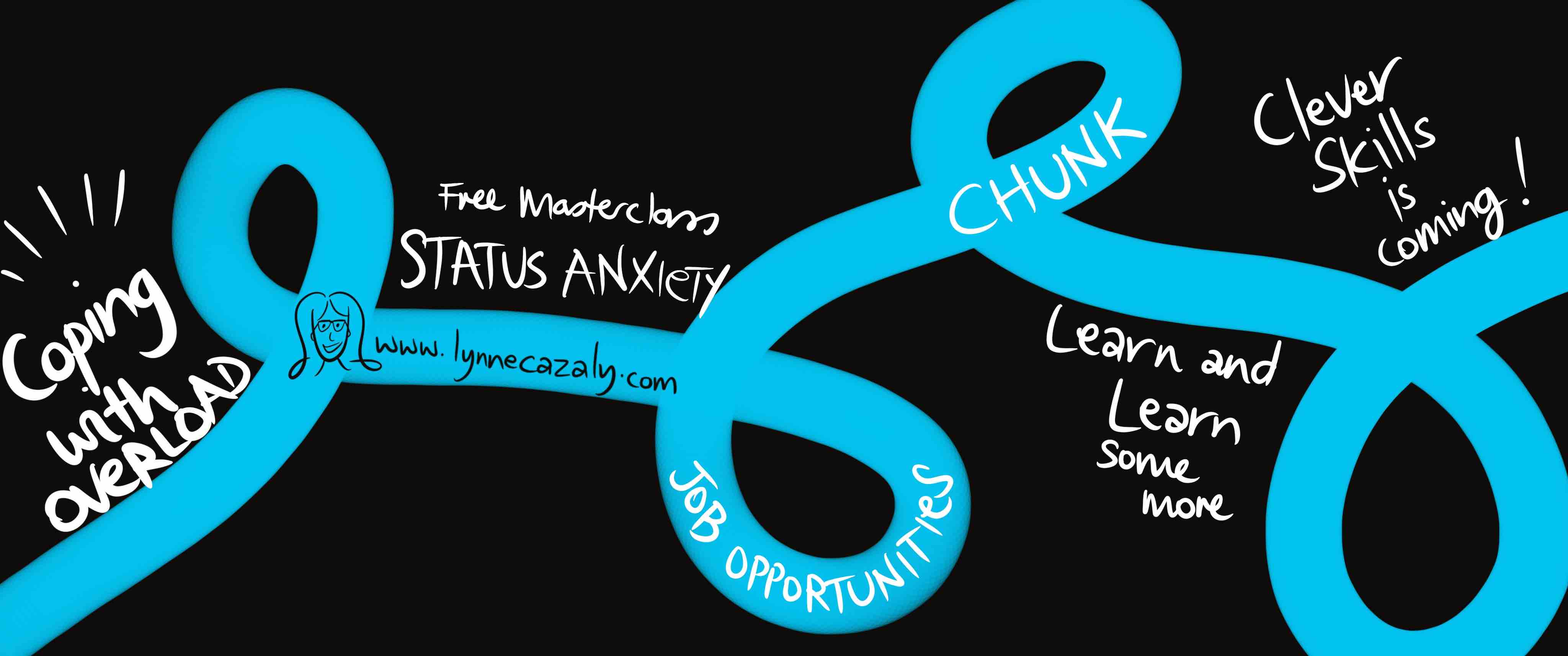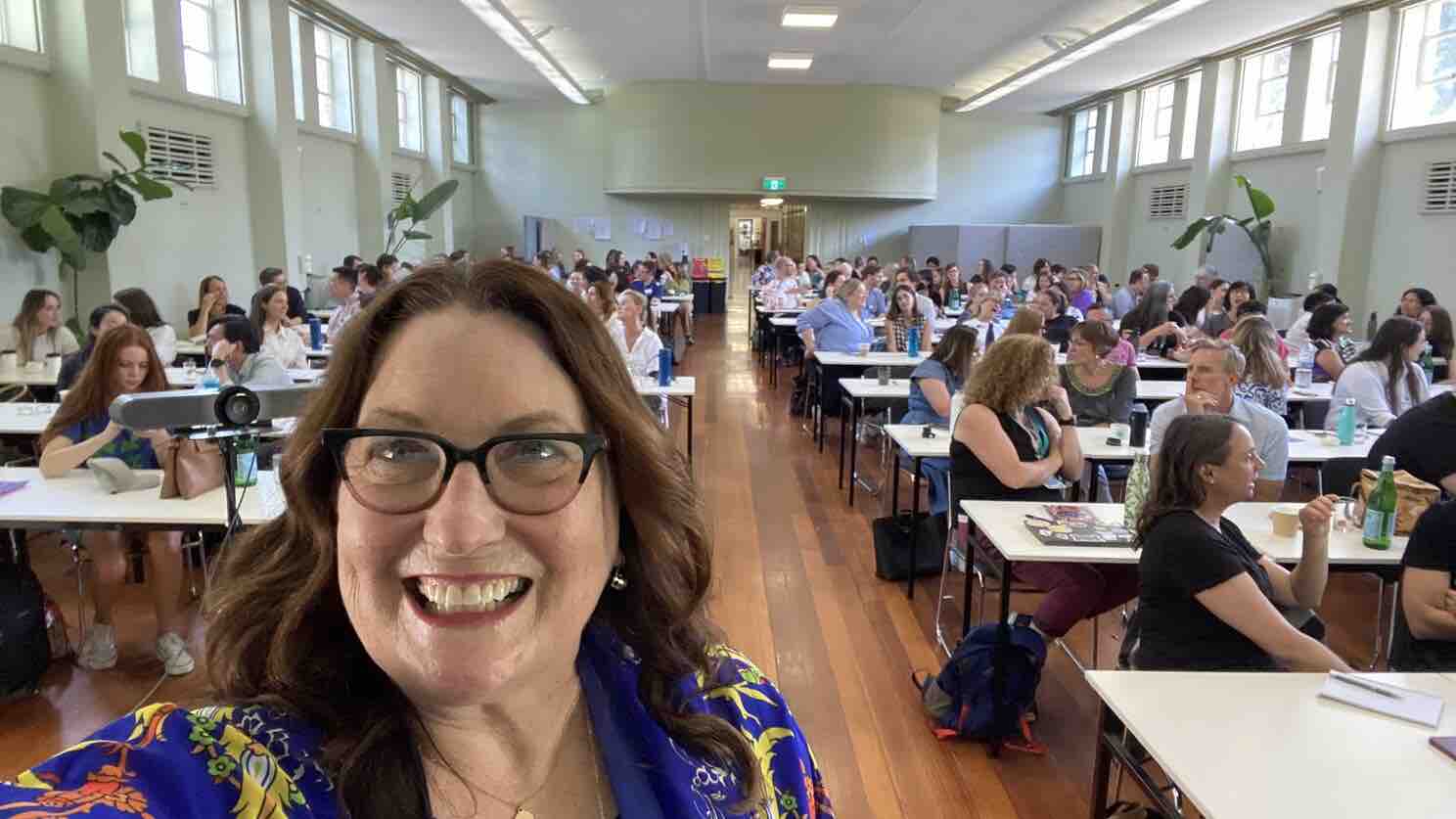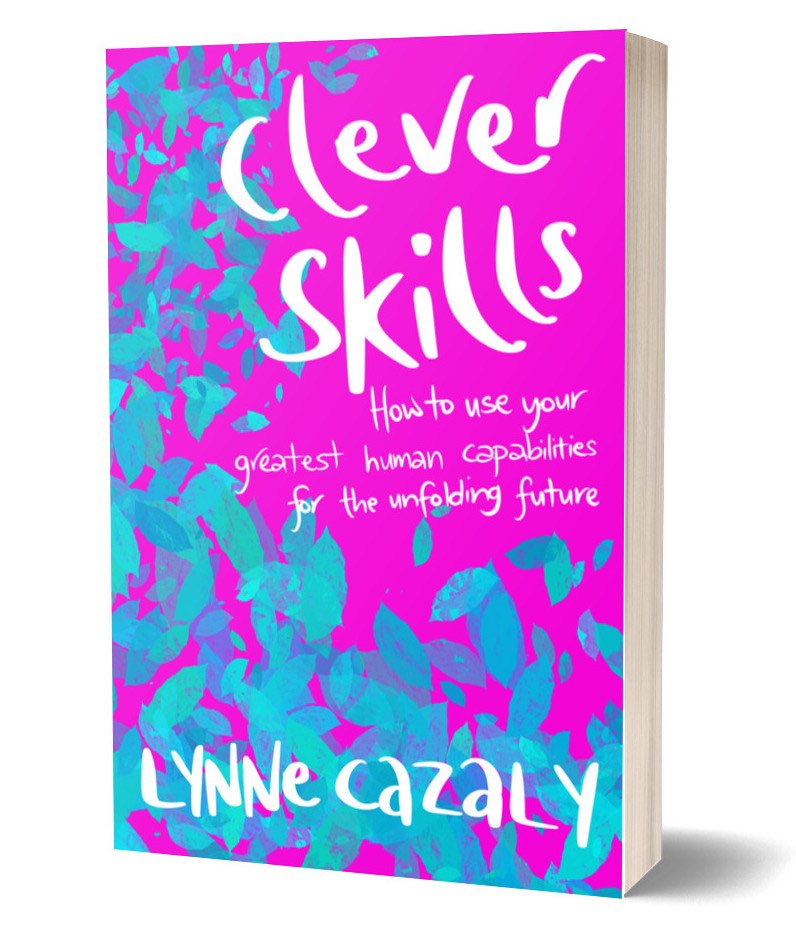 Coping with Conference Overload
Coping with Conference Overload
Conferences and offsites create the perfect situation for overload. There’s always so much information, coming at you so quickly. It becomes easier to zone out and zombie your way through the event. And you miss a lot of the good stuff while you’re drowning in the information.
This year I’ve been kicking off conferences and offsites with a fresh approach
A bright, humorous and skillful opening session to prepare delegates for the deluge of information that’s about to hit them.
It will 10x their learning and takeaways, relieving the pressure of focusing and attention … and helping them feel brighter at the end of the day.
Message me with ‘OVERLOAD’ and I’ll send you the info pack on this Overload Coping session that’s changing how people work with all that information at events, conferences and offsites.
The session does these 5 things:
- Prepares delegates for the awesome about to happen
- Multiplies the event ROI for delegates
- 10 x their conference takeaways
- Counteracts conference zombie modeand
- Provides a life-side skill for their return to work.
Harvard Business Review - Special Issue - How to lead when everyone's exhausted. Includes Lynne Cazaly's article 'How to save yourself from information overload'
Thrilled stoked and buzzed …
to be in this special issue of Harvard Business Review - ‘How to lead when everyone’s exhausted’. So relevant to these times, hey?
They say,
‘Relieve the pressure, recharge and get the right work done’.
My article ‘How to save yourself from information overload’ is included in this issue. And how about the flowers 🌸 😜
Managing your own cognitive load is most certainly a new way of thinking and working.
No one or no thing is coming to save us; we do have to think, work and lead differently in these times of all kinds of overload.
Check out the article here
What does progress over perfection mean in a busy team
Check out this article I wrote for Forbes.com.au on how busy burned out teams can make progress for the better, not perfect.
Change the workplace - not the workers
New and more modern ways of working are a breath of fresh air for many people who find working in old ways … tediously old.
The push push push of long listen-only meetings and back-to-back schedules leave little time and energy for inspiration, creative collaboration or purposeful progress.
So it’s no surprise that many companies think it’s the workers that need to change.
But this Fast Company article about why most wellness programs in workplaces don’t work, reveals that greater shifts are required in culture, workplace practices and ways of working.
Hint : Focus more on the workplace and less trying to ‘fix’ the workers.
When to write ... to remember
This longer read is a good one to save and enjoy with a coffee or other beverage … and a note pad 😉
Dawdle and delay.
The path to Port Melbourne beach - by Lynne Cazaly -
I was in the middle of abusing myself for dawdling on a task and delaying on completing another and realized there is nothing wrong with procrastination and dawdling and delay.
But they reveal so much, not about yourself, but often about the work we are trying to do.
I was dawdling because this task was meh.
I was delaying, even though I had a deadline of midday.
This is not about procrastination, it is about looking at the work/task/thing you are trying to do, and making the problem less about you and your lack of whatever you think you have a lack of, and looking more at the work you are trying to do and how you are trying to do it.
New ways of working have been moving through the world in recent years. And some of us seem to think that AI will pick up the slack and do everything that’s tough for us.
But some of the most tough work we do need to do is the cognitive work, the thinking work, and the creating and discerning work that no AI will do like us – not quite yet anyway.
Delay and dawdling. I think they are different things.
Dawdling indicates I’m going slow, and I can be a great dawdler in the nature world, taking in the view and looking at the surroundings and picking up the finer details, or perhaps just softly disconnecting from the burden of life.
The delay however, could be a little more procrastination related. Almost in the vicinity of defer. Not wanting to do something. Putting something off because it creates too much of a bandwith burden for us. That we just don’t have room for something right now.
And we don’t have the ability to take any more in – well not until this other stuff is off our plate, or not until we are on the other side of a range of other.
This highlights to me the issue is not with us. It is with the work and how it is divided up or segmented into smaller tasks — and small enough tasks — or… when we choose to do disheartening work, which can be when we are feeling great.
And then we just feel disheartened after doing disheartening work.
It is a complex mix of individuality and timing and how much sleep you’ve had and what your plans are for the rest of the day and where this piece of work is going.
Stop blaming thyself. Please look at a task as a thing that you have chosen to get done (or been asked to get done), and not about how bad you are for not doing it… by the time you imagined you would have it done.
And imagination runs strong here. We imagine what the outcome is going to be like and we imagine how wonderful we will feel and how much energy we will have during and after it, and we imagine how uninterrupted the working time will be, and how free flowing our thinking will be, and we imagine the beautiful shining completed thing.
And our imagination gets a little burnt when at the first hurdle we feel pretty well … Meh.
It’s a world of tricky times in trying to make progress on things we need or want to do. And there is no blame to lay.
Show me the value... of being there now
Show me the value of being there now, live at a meeting or workshop - by Lynne Cazaly
Yes, we can:
- watch the recording later, at 2 - 5 x the speed
- scan the AI transcript for what happened
- listen to the audio and multi-task doing something elseor get someone else to tell us what happened.
The thing going on with the NOW right now is this:
you'd better make it worth my time, effort, energy, focus, attention.
If you want people to 'be there', make it SO worth it that they ARE there, they just have to be there because it was worth it.
As the world of work keeps shifting, so too must leaders, teams, organisations and companies.
You need to make it more interesting, more engaging, captivating, inspiring, and ... provide a learning opportunity too! (Because learning opportunities are sucking a bit right now)
Too slow? I'll speed things up, later.
Too boring? I'll drop off the call and catch up later.
Repetitive? I've heard or seen it before. Nah. <Multitask or Leave Meeting>
With a world being trained on produced programs, streaming services and reality designed for maximum attention,
a (comparatively) boring meeting or presentation isn't worth the effort of paying attention.
Businesses must:
🌕 boost the creativity of their all-staff events
🌕 better design team collaboration sessions
🌕 improve leaders' presentation, facilitation and speaking skills for greater audience attention, participation and captivation (and you can't say 'I want this to be a conversation not a presentation' without changing anything about the design of the session);
and
🌕 guide their people in how to deal with the distraction and overload when the present offering is ... dull.
This is the value creation of today; the value of my time, effort, energy and attention, of being there, live, now.
Do more work asynchronously. Let people choose when they view, listen, read, catch up or review things that don't need to be now. It's too easy to fake attention while multitasking.
Get Lynne's Stuff
I'm tidying up my email lists and subscribers and rationalising what I share on social media - so to be sure you're on my 'send me your stuff Lynne' list, subscribe to my direct news here.
This includes regular posts, curated articles, invites to free online masterclasses through the Change Shapers series, announcements about public programs, discounts for books and workshops, and other subscriber/supporter-only stuff.
Free and direct from me to you.
Sign up here that you want to receive my stuff. And of course you can opt out anytime you like.
 Monday, December 2, 2024 at 5:54PM
Monday, December 2, 2024 at 5:54PM 




















